BROTHER’S KEEPER
I KNOW THIS MUCH IS TRUE premieres on HBO Nordic May 11. Full series viewed for review.
A teacher once told me: “Tragedy is the easiest thing to write. As long as things go from bad to worse at every turn you’re all set.” Watching I KNOW THIS MUCH IS TRUE, the new six episode miniseries from Derek Cianfrance and Mark Ruffalo, I couldn’t help but wonder if that really is the case. Over the course of six endlessly hopeless, tiring hours, identical brothers Dominick and Thomas Birdsie endure punishment that would make Job himself squirm. It’s an exercise in endurance, trying to see how far your audience is willing to put up with such misery. But thanks to smart writing, elegant directing, and an all time great performance from Ruffalo, the series turns out to be worth the effort. Hard as it may seem.
On a drab overcast day, Thomas walks into a public library and cuts off his own hand. His brother, Dominick, is called to the hospital as his next of kin. Dominick has spent his entire life saving his twin; the daily grind keeping Thomas just above the water. He does so with unwavering conviction, despite deep down feeling like his brother is a curse. A millstone dragging him into that same abyss. Years before, Dominick and his now ex-wife suffered an immeasurable loss, which left him a hollow shell of a man. He might be deemed better fit for society than his schizophrenic brother, but it’s clear that neither of them are healthy. When Thomas is callously thrown into a mental institution for the criminally insane, Dominick sets himself to free his brother regardless of what it takes.

Elsewhere, propelled by the death of their mother, he becomes obsessed with finding out the truth about their father. Aiding him is a manuscript left behind by his grandfather; a violent, ill-tempered and egotistical monster, who narrates his own personal history as a tale of epic success in early 1900s America. As the series progresses, what begins as a meditation of family trauma soon envelopes the continent as a whole. Suggesting that like a dysfunctional family riddled with secrets and harbored hatred, America itself is built on a foundation laid wrong. As such, nothing healthy could be born from it.
If this sounds dark and painful, that’s because it is. There is little joy or warmth to be found in five and a half of the series’ six hours runtime. But it’s not self-serving, nor does it find glee in moroseness. While depicting the history of sorrow, the series comes away with a profound understanding of how trauma is experienced and lived with. It is not a showy, once-in-a-lifetime event easily pinpointed on a timeline. Trauma, depression, and mental illness seep in like quicksilver, cascading internally until they fill you whole. Portrayed by Ruffalo, that sensation bubbles beneath the surface, locking away emotion and the ability to process things. Dominick may outwardly appear wry and alert, but watch how Ruffalo carries himself: top heavy, almost hunched, as if his muscles themselves were unwillingly contracting. His voice is stifled, like he doesn’t trust himself to speak. When he does erupt, it’s quick and sudden, bursting out in a haze of blinding anger; gone so fast Dominick seems alarmed at having felt anything at all.
This is a masterful performance, a brilliantly nuanced display of humanity that should be studied in every acting class from here to eternity. Ruffalo plays both Thomas and Dominick, gaining and losing weight while shedding any Hollywood glamour he carries in the process. From the first minute the brothers share the screen together, the illusion is complete. They’re two different people, even when they’re exactly alike. It’s easy to marvel at the technical wizardry on display; I couldn’t help but be amazed at how Cianfrance captures the dual performances in a way that it feels seamless. Apparently only minimal computer trickery was utilized, everything else is cinema magic. Philip Ettinger plays the brothers as young adults and deserves just as much credit as Ruffalo for the part. Already at a difficult point in having to adapt his performance to match Ruffalo’s, Ettinger imbues the boys with intensely believable growing pains as they struggle with their broken lives on the road to adulthood.

Supporting Ruffalo is a cast of hugely talented character actors, each bringing their best to the table. But it’s Rosie O’Donnell who is the revelation. Gone from notable television and film performances for years, O’Donnell re-appears on screen like she never left, effortlessly bringing pathos and comfort with her.
It’s good that I KNOW THIS MUCH IS TRUE is released weekly. I couldn’t possibly recommend anyone to watch this in just a few days or, lord help me, a single sitting. Mainly because it’s rough. Cianfrance has an unflinching eye for the kind of tragedy that isn’t melodrama and he employs it liberally throughout the series. A heart wrenching early morning discovery shows us nothing, yet tells us everything by focusing on the faces of those who’ve suffered loss. In the tradition of a grand mosaic, lives come and go, often appearing at the oddest times to remind us of things we didn’t know we missed. The world itself feels melancholy, as if stuck in a perpetual morning fog when it’s just about to rain, yet doesn’t. A week between episodes isn’t just recommended — it’s necessary.
But if viewed in quick succession for whatever reason, consider the following: This is a story about depression, trauma, and the hopelessness they invite into our lives. It’s viewpoint is entirely subjective, told through the eyes of Dominick, who wears emotional blinders he can’t remove. He can only see the next goal, one that usually revolves around his brother. If watched back to back, the series feels like a breathless dive into a long week, paced at a breakneck speed without breaks. Viewed in increments, Cianfrance reveals a long passage of time quietly unfolding in the background. Buried away under our eyes.
As with real life depression, anxiety constricts the vision and deafens us to the help of others. Of the many things that the series does right, capturing this truth is perhaps its greatest achievement. And as with any healing process, by the time we see ahead clearly, we can begin to unravel past.


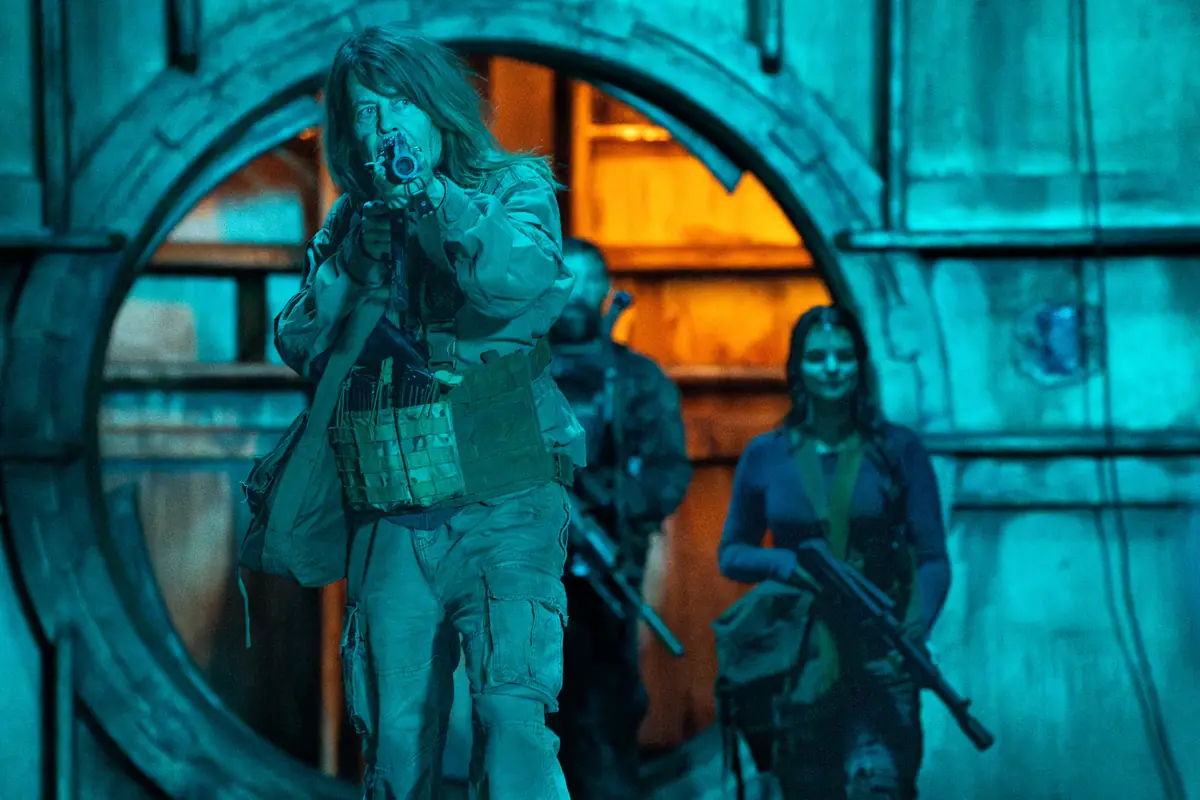

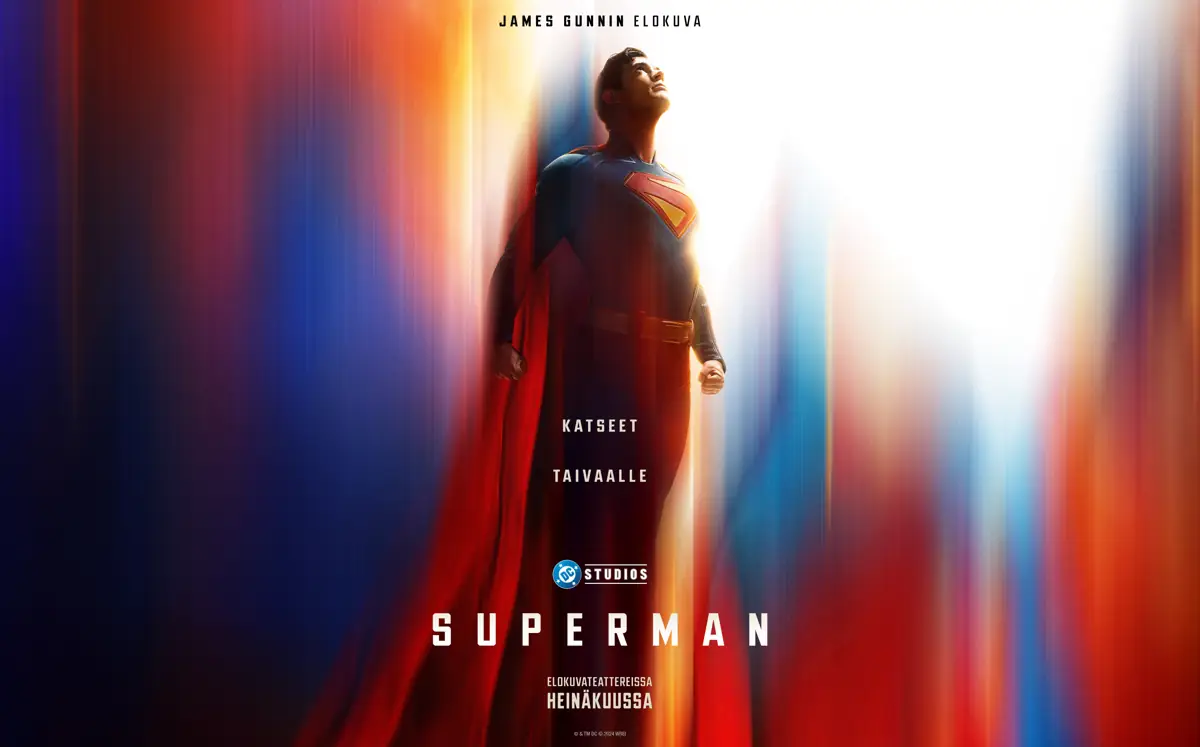

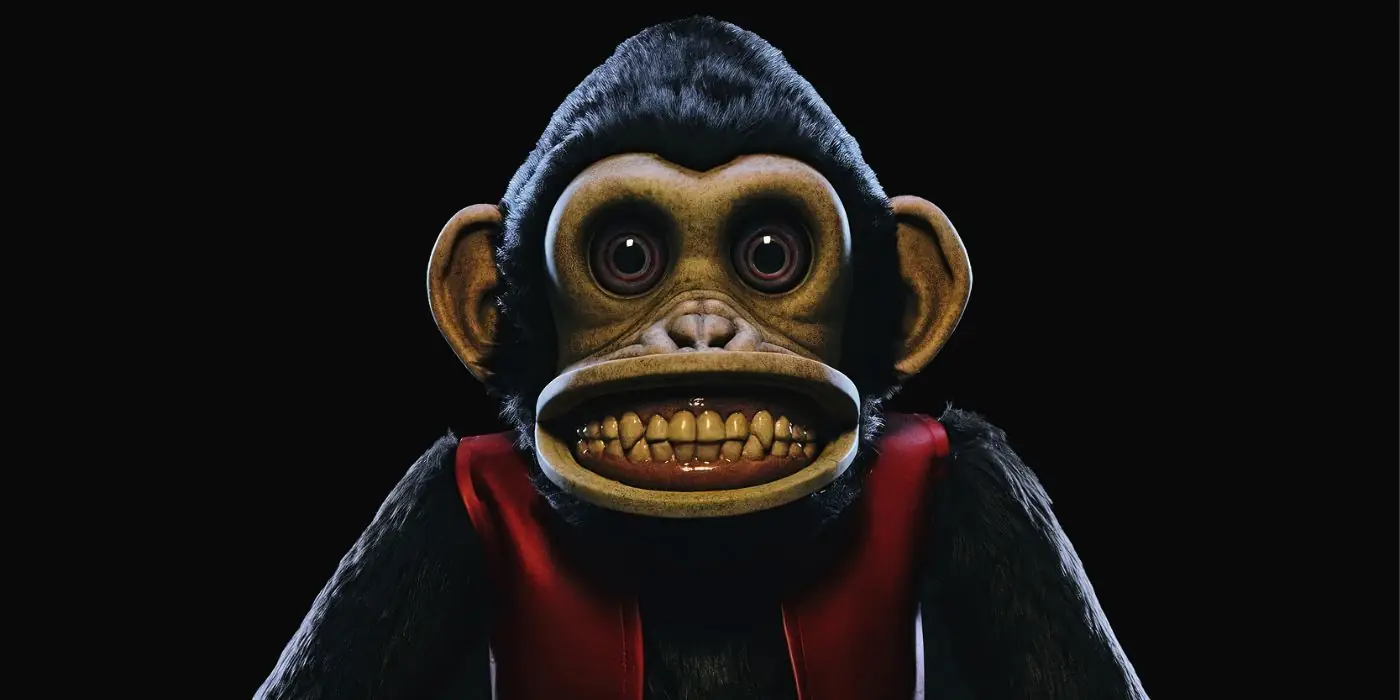
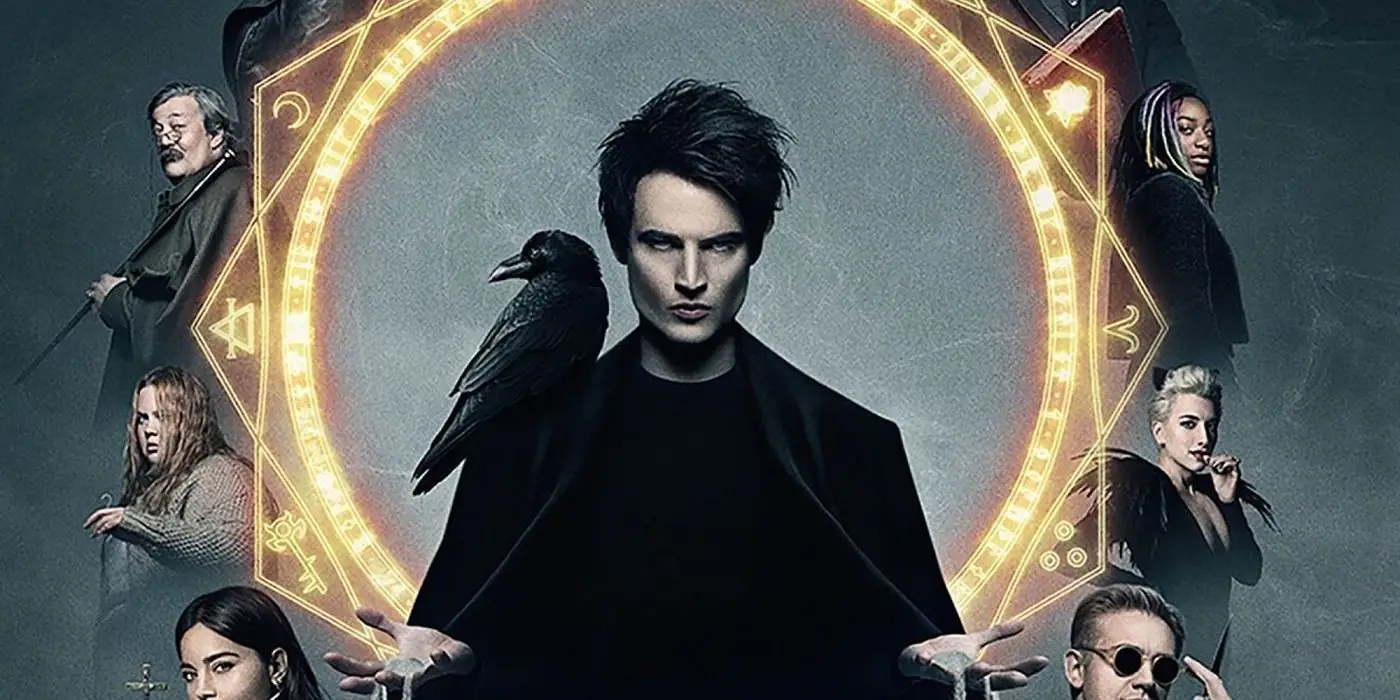
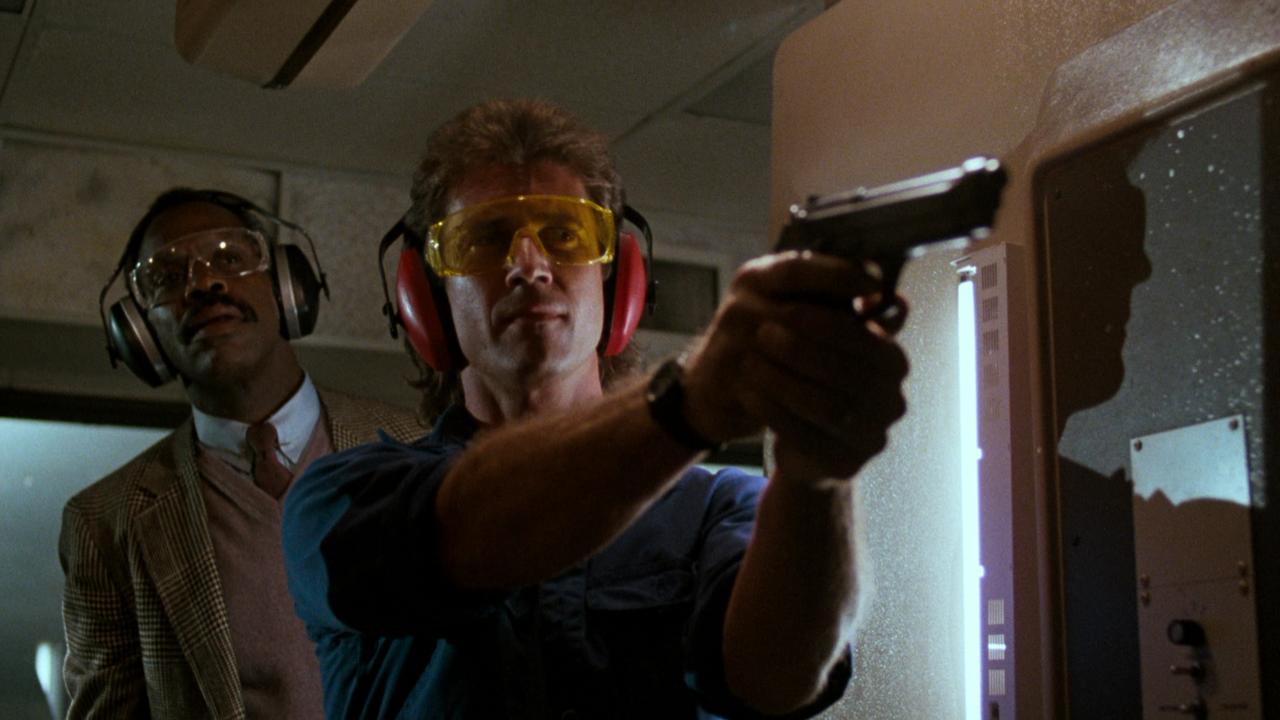

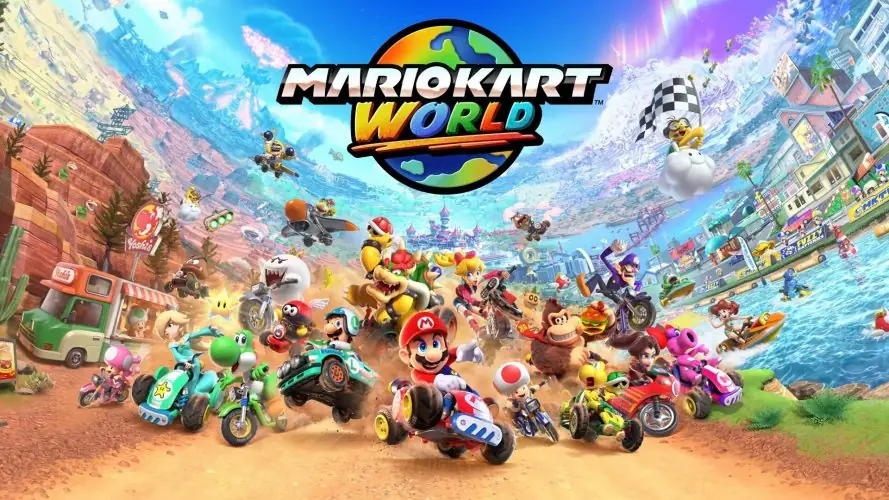
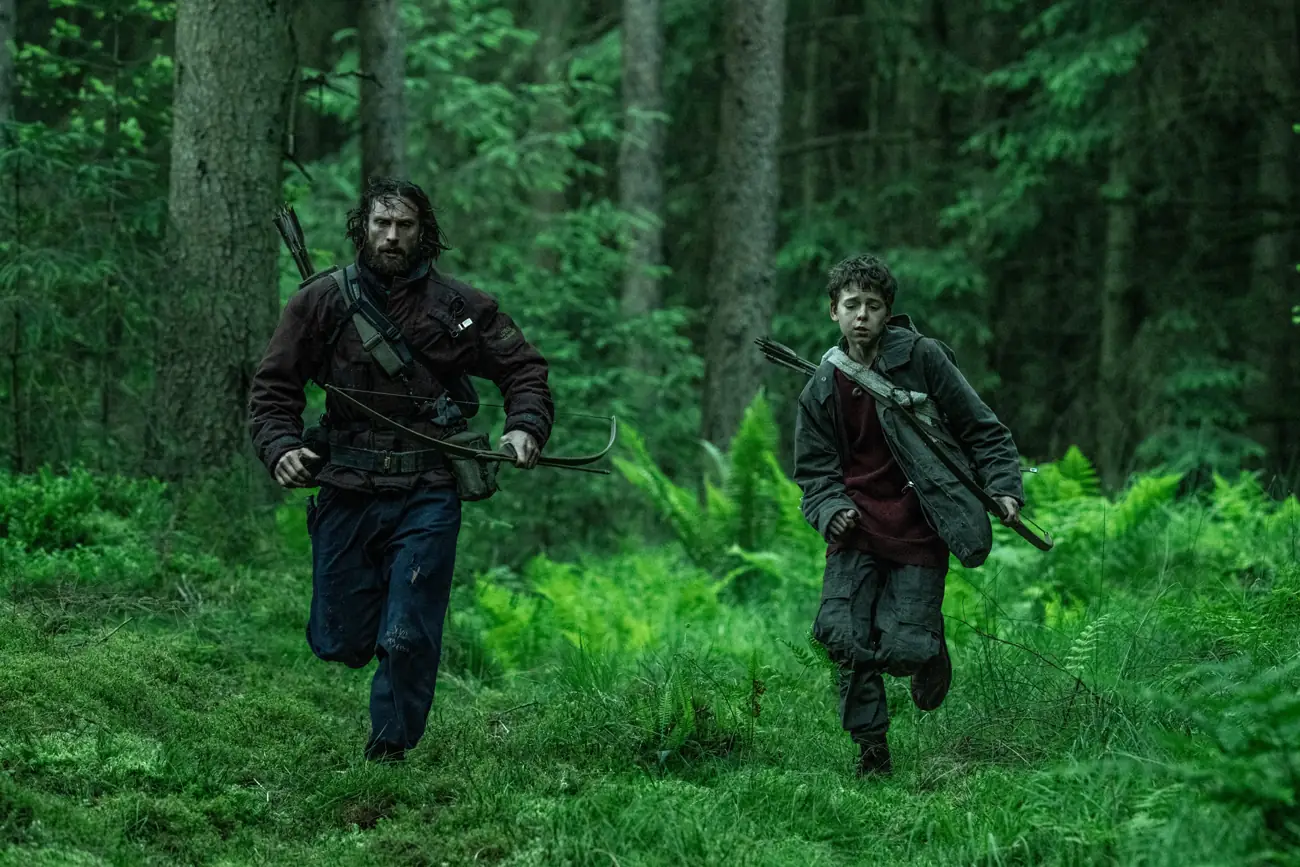

Discussion